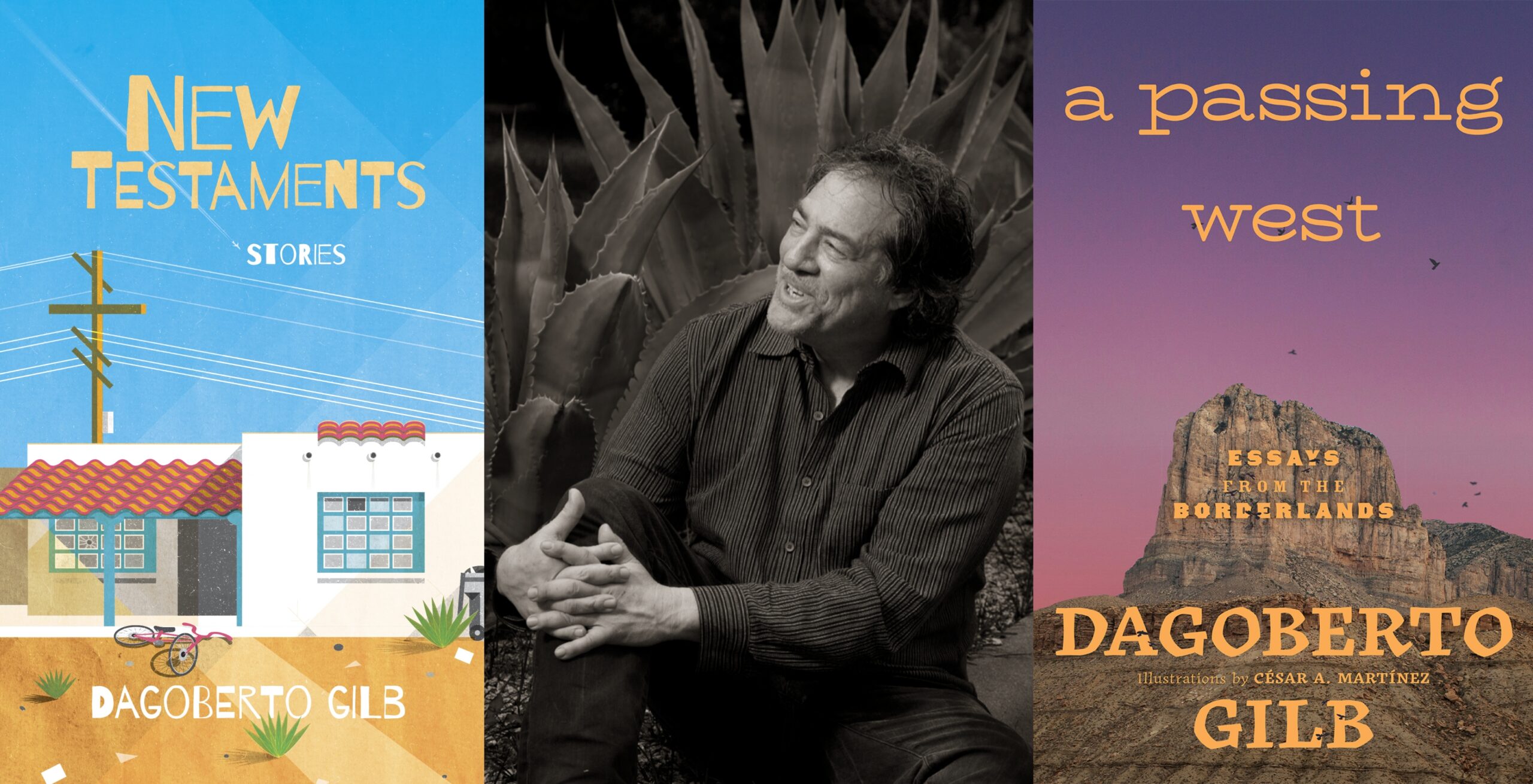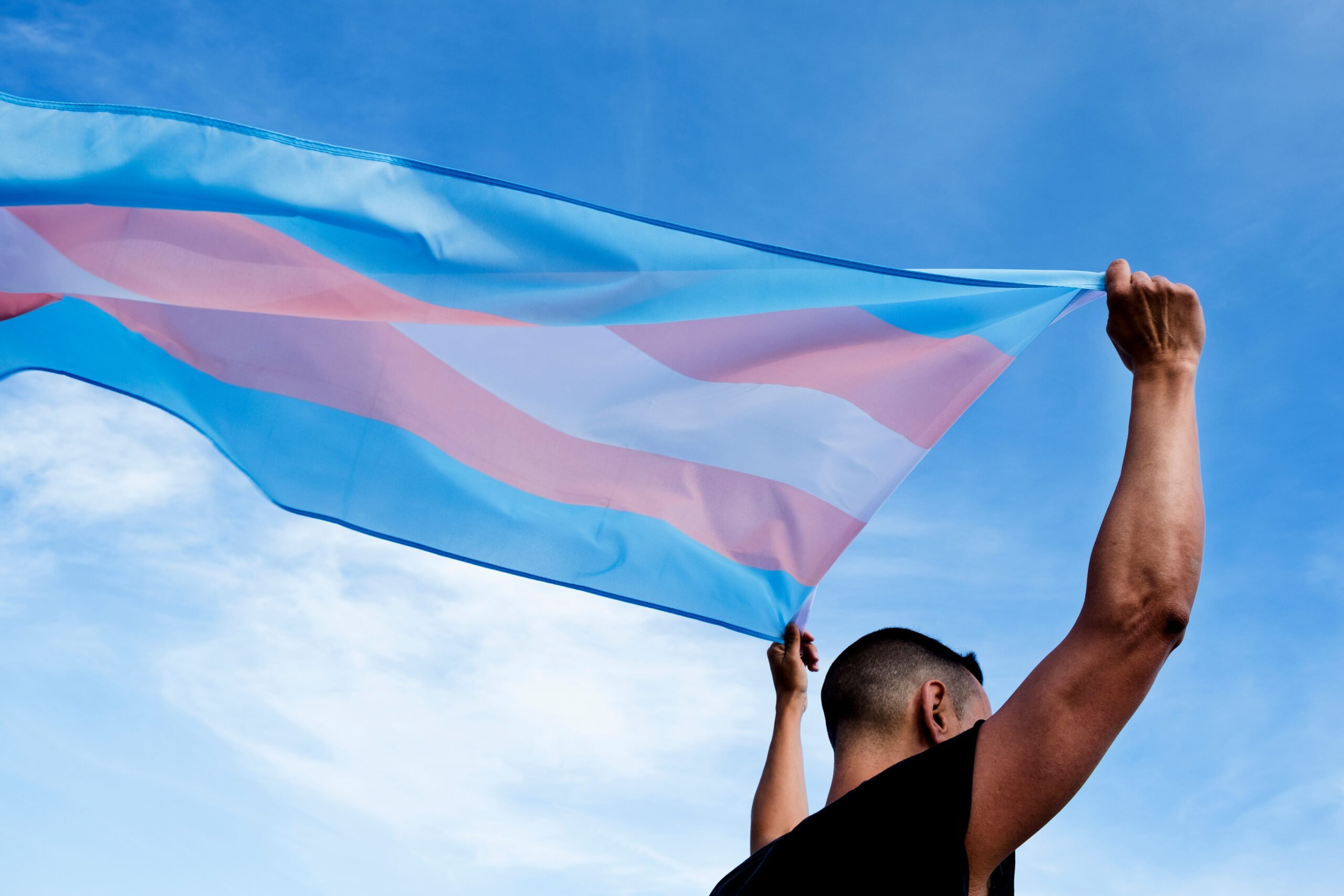Editorial
Death Row's Youngest
When the Texas Court of Criminal Appeals granted a stay of execution to death-row inmate Napoleon Beazley last month, legal experts speculated that the court (which kept mum on its reason for the stay) wanted to consider whether Beazley had been adequately represented during the initial part of his appeal. In the media, though, the issue that drew much of the attention was Beazley’s age at the time of his crime: 17. The practice of executing juvenile offenders is something that deserves continued scrutiny. As of January 1 of this year there were 73 juvenile offenders on death row in the United States, despite international human rights agreements that forbid their execution.
Thirty-one of those 73 were in Texas, the world leader in juvenile offender executions. (Texas allows 17-year-olds, but not children younger than 17, to be sentenced to death.) Over the past 10 years, according to Amnesty International, there have been 25 recorded executions of juvenile offenders in the world, 13 of them in the United States and seven of those in Texas. The practice is prohibited by the International Covenant on Civil and Political Rights, the American Convention on Human Rights, and the U.N. Convention on the Rights of the Child, the last of which has 191 signatories. (Only the United States and Somalia failed to ratify it.)
Apparently the existence of an international consensus on the issue doesn’t mean much to Governor Rick Perry. “The citizens of Texas have sent a clear message that when you reach 17 years of age, you’re going to be held responsible for your actions just like you were an adult,” Perry told the Associated Press hours before the Court of Criminal Appeals granted Beazley’s stay. But that wasn’t the message of a recent Houston Chronicle national poll, which found that only 26 percent of death penalty supporters polled favored giving juvenile offenders the death penalty. In Harris County, it was 25 percent. During the last legislative session, a bill to outlaw the juvenile death penalty passed out of committee in the House but didn’t make it to a full vote.
As the American Bar Association points out in a report on the Beazley case, giving the death penalty to a juvenile offender “is contrary to fundamental principles of American justice which… reserves the death penalty for the ‘worst of the worst’ offenders.” Adolescents are not yet mature adults; they don’t fall into the category of the hardened criminal who cannot be rehabilitated. As the Chronicle poll suggested, even those who favor the death penalty recognize that giving it to juvenile offenders is unjust.
Beazley’s case well illustrates this point. Sentenced to death for shooting John Luttig during a 1994 carjacking in Tyler, Beazley was a popular student with no prior convictions at the time of the crime; he has since expressed remorse for his actions. That doesn’t mean he shouldn’t be punished, but “worst of the worst,” he’s not. Whether he received a fair trial is in doubt: Beazley, who is black, was sentenced by an all-white jury, following a trial that appears to have been stage-managed by the victim’s son, a Virginia federal judge who moved back to Tyler and assisted prosecutors in the case.
The next juvenile offender scheduled to be executed in Texas is Gerald Mitchell, convicted of robbing and killing a man in Houston in 1985, when he was a 17-year-old tenth grader. His attorney, Stan Schneider, will file a writ challenging the constitutionality of Mitchell’s execution and a clemency petition; unless one of those succeeds Mitchell will be put to death on October 22.


